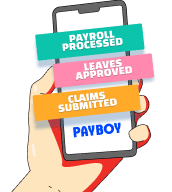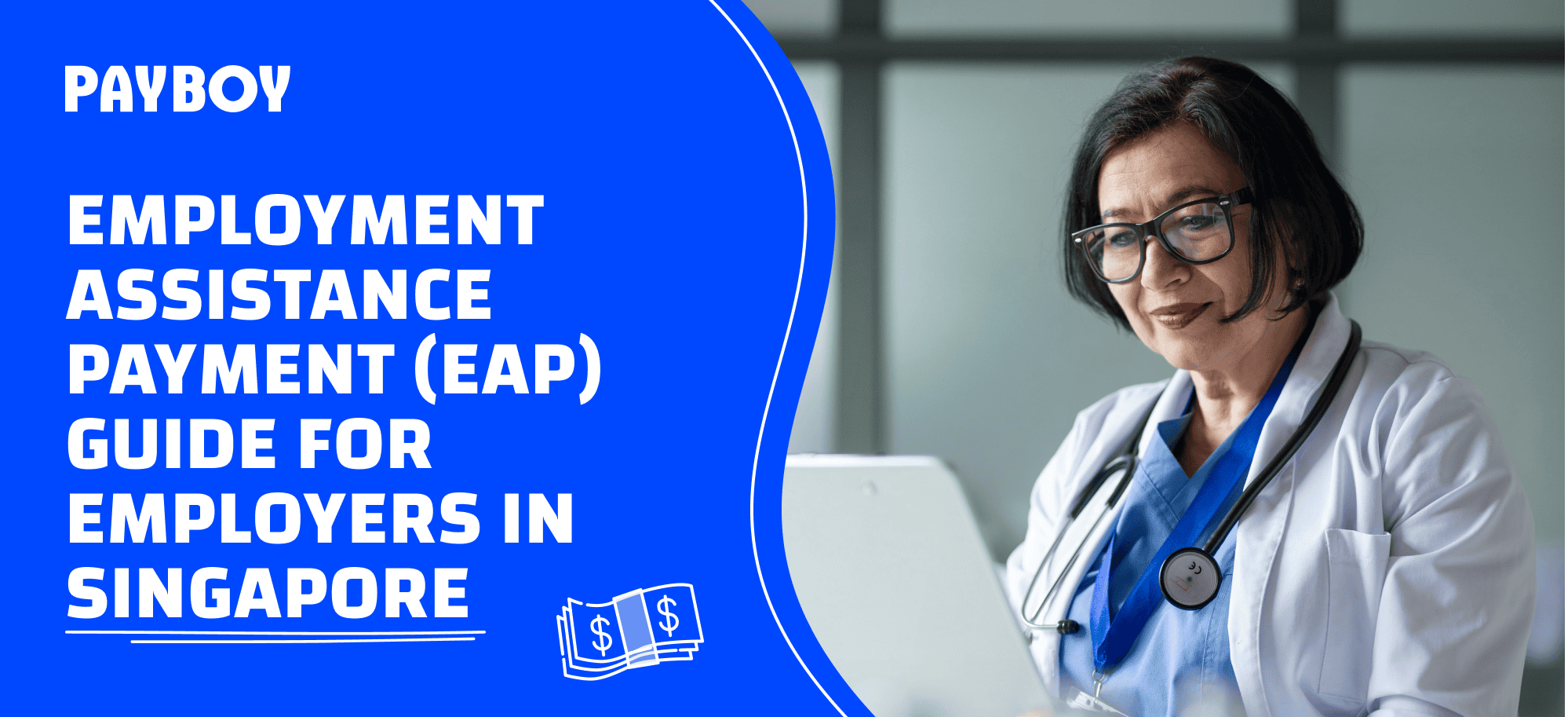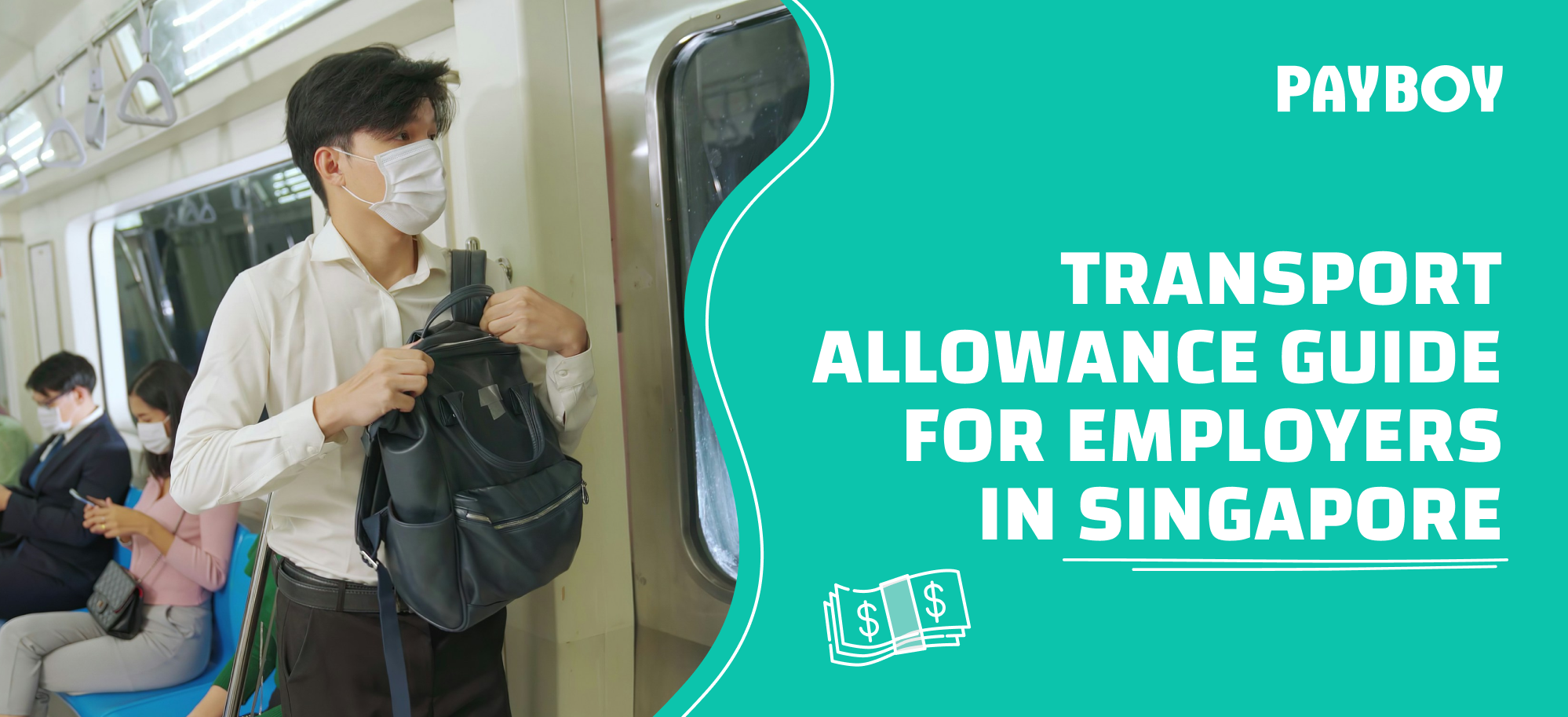Managing the complexities of employee transitions can be challenging for employers. In Singapore, the Employment Assistance Payment (EAP) serves as a critical support mechanism for senior employees facing redundancy or reorganisation. By understanding EAP, employers can ensure a smooth transition for their employees, maintain regulatory compliance, and foster a supportive work environment. Read on to learn everything you need to know about managing EAP effectively.
What is the Employment Assistance Payment (EAP)?
The Employment Assistance Payment (EAP) is a payment made to senior employees when an employer has exhausted all available re-employment options within the organisation but still cannot find a suitable job for eligible employees.
The EAP is only offered as a last resort, following a thorough review. It is intended to help employees tide over a period of time while they seek alternative employment.
Who is eligible for re-employment?
Employees are eligible for re-employment if they:
- Are a Singapore citizen or Singapore permanent resident.
- Have served their current employer for at least 2 years before turning 63 for employees hired at age 55 and above.
- Have satisfactory work performance, as assessed by the employer.
- Are medically fit to continue working.
Tip: Read more about retirement and re-employment to equip yourself with the knowledge and resources necessary to make informed decisions and facilitate a smooth transition.
Is the Employment Assistance Payment (EAP) mandatory?
The Tripartite Guidelines on Re-employment of Older Employees encourage employers to make a one-off Employment Assistance Payment (EAP) to eligible employees.
Can employees still receive Employment Assistance Payment (EAP) if they are not eligible for re-employment?
No, employers are not obligated to offer re-employment or an Employment Assistance Payment (EAP) if employees are not eligible.
However, employers should inform them at least 3 months before retirement so they have time to look for a new job. Employers are also encouraged to assist employees who are not eligible for re-employment with services such as career counselling.
If employees reject their current employer's re-employment offer, are they eligible for Employment Assistance Payment (EAP)?
No, the Employment Assistance Payment (EAP) is intended to assist employees who were not offered re-employment.
If the employer made a reasonable re-employment offer and the employee declined, he/she is ineligible for the EAP.
Is it still possible for employees to receive EAP if their employer assists them in finding another job with another employer?
Yes, employees are still eligible for EAP, unless they and their employer mutually agree otherwise.
What is the amount of the Employee Assistance Payment (EAP) in Singapore?
The EAP is a one-time payment equivalent to 3.5 months’ salary, subject to a minimum of $6,250 and a maximum of $14,750.
Note:
- For employees who have been re-employed for at least 30 months since age 63, a lower EAP amount of 2 months of salary could be considered, subject to a minimum of $4,000 and a maximum of $8,500.
- In addition to the EAP, employers are encouraged to provide outplacement assistance to help employees find alternative employment.
Can employees who are re-employed on a part-time basis receive EAP?
For re-employment of part-time employees, the maximum and minimum EAP amounts could be pro-rated based on the number of hours worked per week relative to a full-time employee.
For example:
Maria worked full-time at a company (40 hours/week) for several years. Her full-time salary was $3,000 per month. Now, she is re-employed part-time at 20 hours per week.
Depending on the company policy, Maria may still be eligible for EAP. Based on work hours, the formula should be (Part-time hours / Full-time hours) x 3.5 months of Full-time salary.
So, Maria will receive: (20 hours / 40 hours) x 3.5 x $3,000 = $5,250.
Can employers pay the Employment Assistance Payment (EAP) in instalments?
If it is mutually agreed upon between employer and employee, employers can pay the EAP in instalments, e.g., over a 3-month period.
Is the Employment Assistance Payment (EAP) taxable?
No, the Employment Assistance Payment (EAP) is not considered income and therefore not taxable.
Is the Employment Assistance Payment (EAP) subject to CPF contributions?
No, the Employment Assistance Payment (EAP) isn't considered income and is not subject to CPF contributions.
Is there any other funding available for employing senior workers?
The Senior Employment Credit (SEC) provides wage offsets to help Singaporean employers adjust to the higher Retirement Age and Re-employment Age. Older age groups will receive more support.
For 2023-2025, the wage offset is applicable to Singaporean workers aged 60 and up who earn up to $4,000 per month. Employers will receive up to 8% of wages paid to eligible workers between 1 Jan 2023 and 31 Dec 2025, depending on their age and wage.
Tip: Learn more about SEC eligibility and get answers to frequently asked questions in our comprehensive Senior Employment Credit (SEC) guide for employers in Singapore.
What are some other ways to better support senior employees who are nearing retirement age?
Higher internal retirement and re-employment ages than statutory requirements
Employers are encouraged to raise their internal retirement and re-employment ages above the statutory requirements. These ages should be clearly stated in all relevant employment documents. Employers should also include channels through which their employees can seek assistance if there are disagreements.
Structured career planning
As an employer, you are encouraged to take a proactive approach to guiding your employees' career development, including the implementation of structured career planning for employees aged 45 and older.
The Structured Career Planning Guidebook developed by the Singapore National Employers Federation provides resources to help employers have regular career conversations with their employees. Employers will gain a better understanding of their employees' long-term goals and areas for development. As a result, employees can gain confidence in planning their careers, improving their skills, and preparing for career changes, re-employment, and retirement.
Job redesign
Employers should make it easier for older workers to re-enter the workforce by creating more age-friendly workplaces. You are encouraged to use job redesign to make organisational and system-level changes. This will increase the number of older workers who can perform the job, as well as the age at which your employees can do it.
Medical benefits
As an employer, you should consider restructuring existing medical benefits and offering additional MediSave contributions or other flexible benefits. These can be used to pay your employee's MediShield Life or Integrated Shield Plan premiums (as applicable).
This helps you manage healthcare costs by providing stability and predictability, as well as creating Medisave Accounts and accruing medical benefits for your employees after they leave the company.
Streamline your HR processes with Payboy today!
As a PSG-approved HRMS, Payboy provides a robust system to help you manage your HR tasks so that you can focus on your business and people!
With our wide range of modules, you can customise a solution to meet the specific needs of your business:
Payroll Processing | Leave Management | Claims Management | Applicant Tracking
Time Attendance | Shift Scheduling | Appraisal System | Inventory ManagementProject Costing | Training Management





















